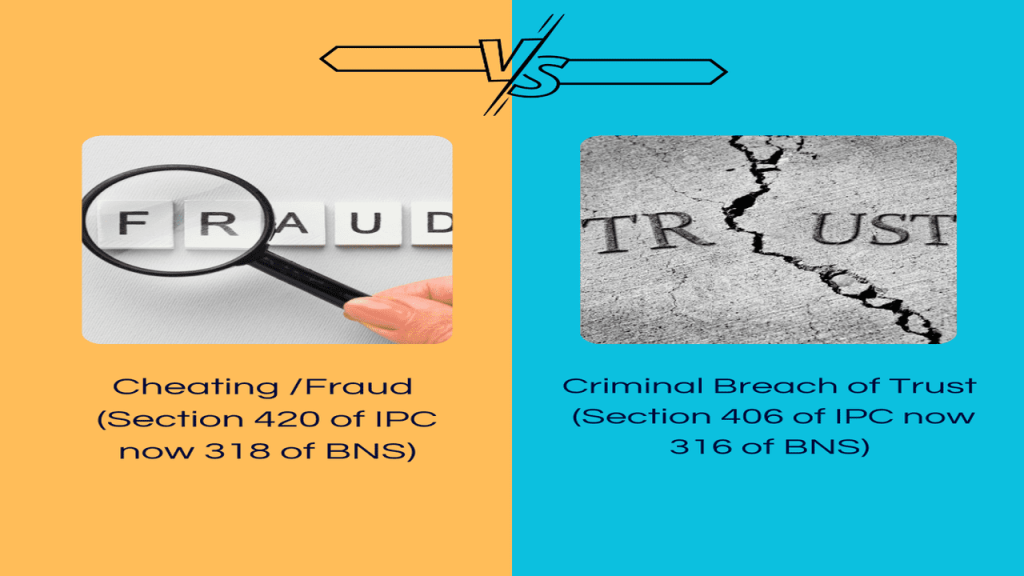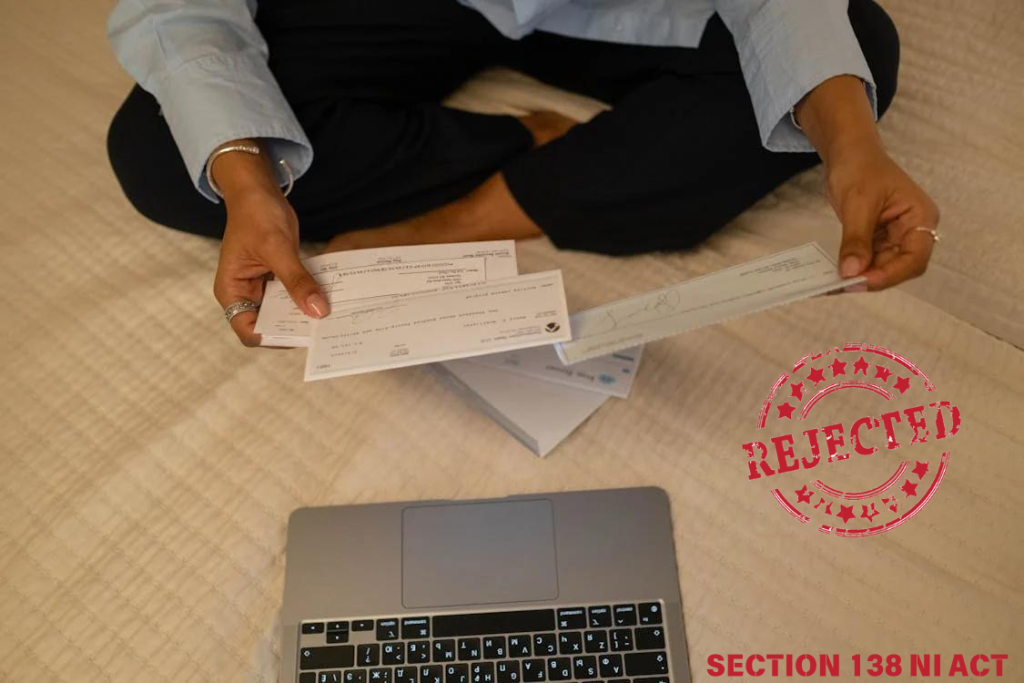Abstract
With the increasing number of users and the growth of fantasy gaming platforms like Dream 11 in India, the debate about the legality of fantasy gaming in India has emerged where in several courts had dealt with the issue of whether it’s a game of chance or of skills? Even after so many judgments in favor of fantasy sports, different states have different opinion about it and therefore there is no uniformity among states on its legality. As per Public Gambling Act, 1867 (which is a central legislation) gambling is prohibited. However, Under List II Entry no. 32 of The Constitution of India state can make their own law on gambling and betting due to which law on online fantasy gaming differ from state to state. States who ban it also argues that even if it is based on game of skills, it could have bad impact on the people and creates risk. Therefore, in the light of above current legal debate going around it, in this paper I will first talk about what is fantasy gaming and discuss about the current law on fantasy sports in India and then I will try to answer that whether it’s really a game of skills or not, what are the different elements which make it different from mere game of chance or betting. While answering and analyzing the above questions I will investigate into various Indian and foreign courts judgments and legislations on it. Thereafter this paper will try to examine various problems associated with fantasy gaming and try to give another perspective opposing it. Finally, this paper will try to provide conclusive argument in favor of fantasy gaming, and in end suggest ways that how it should be regulated and the way forward.
Introduction
Online fantasy gaming is a form of skill-based game wherein the player pays an entry fee, with an imaginary sum of money user can create their own team from the players list of real-life upcoming match. After analyzing the past statistics, records, and performance of real-life players they then form their team. Based on the players performance in the real life match the virtual team gets the points and overthrow their opponents. In return they get rewards accordingly. Games like cricket, Kabaddi, golf, football, basketball, and many other sports are played online. A majority of fantasy sports platforms does provide for both “Free to play” and “Pay to play” model on daily fantasy sports which helps sports fans to engage deeper with their favorite sports. [1] As early as 1950s the origin of fantasy gaming can be traced which was first started in United States of America wherein offline fantasy sports like baseball and golf were played. [2] With the increase in internet usage and the availability of fantasy gaming both on computer as well as mobile, there has been a substantial growth in the fantasy gaming users around the globe. The number of users has grown by 25 times from June 2016 to February 2019. [3] Big media houses like ESPN, Yahoo has become the major players. [4] As per the report of KPMG it was found that the revenue in fantasy gaming industry has doubled over a period of 4 years which reached to 43.8 billion in year 2018 and it is expected to further grow to reach 118.8 billion by year 2023. [5] In India the online fantasy sports has seen a dramatic jump in its growth, company like Dream11 with its brand ambassador Virat Kohli has made India as the next best emerging destination in fantasy sports. [6]
As per Public Gambling Act, 1867 which is one of the oldest central legislation, gambling or betting is prohibited. However, Under Section 12 of the Act which states as follow “Act not to apply to certain games: Nothing in the foregoing provisions of this Act contained shall be held to apply to any game of mere skill wherever played” [7] doesn’t prohibit games of skills. Under Schedule 7 List 2 Entry No. 32 the states can make law on gambling and betting and under Entry No. 62 state can impose taxes on gambling and betting. [8] Most of the states adopts central legislation i.e. Public Gambling Act, 1867. However, due to differing opinion of states as opposed to states that prohibits gambling there are some states such as Goa, Daman and Diu, Sikkim who had enacted their own legislations and has allowed some table games. Nagaland government gives out license for games of skill under the Nagaland Prohibition of Gambling and Promotion and Regulation of Online Games of Skill Act and requires the online fantasy gaming platform to make an application and get license.[9] As there is no clear definition of gambling under the Act and there is no guidelines in regard to what qualifies as games of skills and of chance. In past many times the court in India has dealt with the question that what qualifies as game of chance and games of skills. Even very recently a petition has been filed by Keshav Ramesh Muley before the Bombay high court who claimed that game of ludo is a game of chance as the entire game is completely uncertain and based on luck.[10] Likewise in the case of State of Andhra Pradesh v K. Satyanarayana [11] a petition was filed wherein the court dealt with the issue of whether fantasy sports platform name Dream11 qualifies as a game of skills or of chance ? In order to answer the above question it is important for us to understand what is gambling or betting and then look at the various features of fantasy sports so that we can differentiate between betting and online fantasy sports as games of skills.
As per the definition given under Blacks Law Dictionary gambling has been defined as “the act of risking something of value for a chance to win a prize.” [12] There are certain features of the Fantasy sports such as selection of same number of player as in the real life sports, there is a restriction in selection of player that can be choosed from one particular team, the game continuous till the duration of real life match, the player cannot change the team once the real life match begins.[13] Furthermore, there are certain restraints and regulation in place due to which it renders online fantasy gaming as much safer and different from betting. Online Fantasy sports offer transparency in the monetary transactions of their customers due to which the customers have greater comfort. The transaction sizes are small and are done through electronic means due to which it prevents black money in the economy. Regulations such as age restrictions on minors, requirement to provide all personal details such as bank details, earning of people being taxed ensures that interest of all the stakeholders is protected. As players are well notified about the losses and reward they may incur, this help them to make informed choice. As there is potentially millions of teams and the way online fantasy gaming is designed it makes virtually impossible for the player to fix the outcomes of the match. [14] On the other hand as betting is not regulated, the player can easily manipulate the outcome of match. Due to all these features online fantasy games is different from betting and is seen a game of skills because in order win the reward the player has to put all his knowledge together and based on certain past records has to make team, only then a contestant can win. It is also important to note that according to survey the main reason to play fantasy gaming is the players love for a sports which is maximum (20.7%) among the other factors such as social interaction, knowledge application, game interest, entertainment value, money prize which is not same for betting because while betting the primary motive of the player is money. [15]
According to the statistical analysis done Prof. Zvi Gilula it has been found that the fantasy sports games is based on skills. As per her report it was found that i.) whatever player does, it has a direct effect on the contest results ii.) more well skilled players are more likely to do better than other non-skilled players iii.) over a period of time player get more better and are more likely to win because of the awareness and skills they acquire while playing.[16] While comparing the large gap between the win rate of top performers and average performs, she found that this implies that skills is involved in the fantasy gaming.[17] Even as per the Law Commission of India report fantasy gaming has been recognised as within the ambit of “gaming” as opposed to “betting.”[18] Now at this point let’s look at various Indian and Foreign law cases on legality of online fantasy gaming.
While deciding the question of “skills versus chance” courts in India has adopted the doctrine of “the dominant factor test” which is followed by the US courts. While deciding the question the court has to decide on “whether in a particular game is the chance or skills the dominating factor in determining the result of the game.”[19] In case of State of Andhra Pradesh v K. Satyanarayana [20] the Supreme Court of India held that “the game of rummy is not a game of chance.” The court compared it with the three card game and said that it is pure game of chance because the distribution of cards is not in any particular pattern and it is dependent upon how card finds its place in the shuffled pack whereas while playing rummy the player has to memorise the cards and while playing, one need skills as to whether hold or discard a card. Similarly in the case of Dr. K.R. Lakshmanan v. State of Tamil Nadu[21] held that “betting on the horse racing is the game of skills.” Herein the court has again applied the dominating factor test and said that “since betting in horse riding requires factors like fitness, skills of the horse and the person riding it to be considered by the bettor.”[22] Therefore, for these reason it qualifies as game of skills rather than of chance. In year 2017 the High court of Punjab and Haryana in case of Shri Varun Gumber v. Union Territory of Chandigarh and Ors[23] dealt with the issue of legality of fantasy gaming. The court in this case relied upon the above cases and focused upon the features of fantasy gaming and said that “ In Dream11 a person is required to make a team of at least as many as player in the real world team. While doing so the person has to consider all the available player and evaluate them on the basis of their past records and performance. Additionally the player has to adhere to the upper limit thereby making sure that the team didn’t entirely consist of the player from single team. Furthermore the player has to consider other factors too such as pitch, whether condition and has to constantly monitor the scores of the player.”[24] For these reason the court opined that the fantasy gaming does qualifies as a game of skills. A similar observation was also made in the case of Gurdeep Singh Sachar v Union of India& Ors[25] and Chandresh Sankhla v State of Rajasthan[26] respectively.
It is pertinent to mention that in other countries like America, fantasy gaming has also been a topic of debate and has been considered as game of skills. With traces of fantasy gaming as earlier as in 1950 a majority of US states adopt “predominant purpose” test which make all those game legal which involve more skills than chance. While in other states they have more stricter criteria and they adopt “material element” test which allows to declare even those game wherein skills dominate chances.[27]
In the case of Humphrey v. Viacom8 the plaintiff claimed that the registration fee paid by the contestant constitutes as wager or bet and that the winner are determined predominately by chance. The court in this case held that “it’s a game of skills, the player while selecting player for his team has to applier his skills and determine which player to choose or drop and which player has to start and be placed.”[28] Likewise in the case of State v. Gupton,52 the Supreme Court of North Carolina held “to determine whether a particular game qualify as game of skills or of chance, Dominant factor has to be applied. For instance, poker is considered to game of skills because a skillful player will always win than the less skilled one.”[29] In another case of FanDuel v. Schneiderman “certain stats such as participant having direct consequence on the game and well-informed participant performing well led court to the finding that fantasy gaming is a game of skills.”[30]
Now if we look at the other side of the fantasy gaming there are little or some cases who acknowledge that although fantasy gaming is games of skills but stills it shouldn’t be made legal. Matthew in his paper said that skills required for a participant in a game shouldn’t be a relevant factor because “whatever skills are honed in such contests are acquirable in more benign pursuits and whether these contests are skill-based or games of chance they create risk.”[31] In the case of Dominance Games Pvt. Ltd. & amp; Ors. v. State of Gujarat a single bench of Gujrat High Court held that “even though poker is a game of skills but played with stakes does qualify as gambling.”[32] Likewise in the US case of Seattle Times Co. v. Tielsch it was observed that “despite being whatever efforts are made in the selection of team ultimate success will be dependent upon the performance of player playing in real life sports over which the participant has no control.[33] For this reason despite having the skills as a factor in the outcome, it was considered gambling.
From the above case laws, research reports it can be concluded that although fantasy gaming has some element of chances however skills being the dominating factors does make it legal. As fantasy gaming is well regulated and is far more different from betting or gambling, the requirement of having prior knowledge about the record of player and having an understanding about which player a user should choose over other player does qualify it as a game of skills rather than game of chance. The above judgment which doesn’t legalise fantasy gaming by arguing mere presence of risk is wrong in my opinion because it doesn’t take into the consideration that it depends more upon users skills which in turn decreases risk. Further, as I have mentioned above, there are enough reports and literature which proves that fantasy sports does qualify as game of skills. As per the survey conducted by KPMG a majority of 69% people perceive fantasy sports as a game of skills and doesn’t find it similar to sports betting.[34]
As certain states have their own laws and regulations, this leaves fantasy gaming industry at disadvantage. Therefore in my opinion it is essential that there should be a uniformity in law regarding game where both elements of chance and skills is present. Certain guidelines must be formed so that there could be a clear distinction made between what qualifies as a game of skills and of chance. Fantasy gaming platforms should make it compulsory for the new users to first play “Free to play” several times so that the user doesn’t incur loss and these game doesn’t act as game of chance for them. In games wherein the real life match got cancelled due to rain or nay contingency in those situation user money should be reimbursed. Licensing and registrations of online fantasy gaming companies should also be regulated. Rules which ensures that a user doesn’t engage too much should also be made. Presently, fantasy gaming is self[1]regulated by Indian Federation of Sports Gaming (IFSG) ensuring ethical functioning of the game. However, it’s also important that there should be the active participation of all the stake holders wherein not only the regulatory body participate but even the government play a role in its success.[35] A comprehensive legal framework would encourage investment in this industry[36] which would also help to overcome market failure and prevent harm to its users. If all these suggestion are implemented than this would lead to a brighter future for both the consumer and the company providing fantasy gaming platform. This would further help government to earn more revenue.
References
1 KPMG and IFSG, ‘The evolving landscape of sports gaming in India’ (2019) https://assets.kpmg/content/dam/kpmg/in/pdf/2019/03/online-gaming-india-fantasy-sports.pdf assessed 26th April, 2021.
2 Nandan Kamath and R. Seshank Shekar ‘Online Gaming in India and the Need for Self[1]Regulation’ (2018) The sports law and policy centre, Bengaluru 21.
3 Supra Note 1
4 Gopal Manav Mehta and Purnima Mathur, ‘Is Your Dream Team Even Legal: Legality of Fantasy Sports in India and Its Evolving Trends’ (2018) 1 J for Sports Law Policy & Governance 50
5 Supra Note 1
6 Supra Note 3
7 Section 12 of Public Gambling Act, 1867
8 The Constitution of India
9 Sidharth Sharma and Nishi Kashyap “The Leaglity of Fantasy Gaming” LiveLaw published as on 11th April, 2021 link: https://www.livelaw.in/columns/business-of-fantasy-sports[1]legality-of-fantasy-gaming-172440
10 Bar and Bench “Is ‘Ludo’ a game of chance or skill? Bombay High Court seeks Maharashtra govt response on plea claiming online Ludo game is gambling” published as on 5th June, 2021. Link: https://www.barandbench.com/news/litigation/ludo-game-of-chance-skill-plea[1]declaration-bombay-high-court
11 (1986) 2 SCR 387
12 Black’s Law Dictionary 750 (4th ed. 2009).
13 Supra Note 1.
14 Ibid
15 Bhattacharya D, Nimkar N, Karkera P (2020): Impact of fantasy sports on Indian sports market, Ann Trop Med & Public Health; 23(S17): SP231718. DOI: http://doi.org/10.36295/ASRO.2020.231718
16 FanDuel v. Schneiderman, N.Y. Sup. Ct., 161691/2015 Link: http://www.legalsportsreport.com/wp-content/uploads/2015/11/DK-Oppn-to-PI.pdf.
17 Ibid
18 The Law Commission of India, Report No. 276 “Legal Framework: Gambling And Sports Betting Including In Cricket In India” July 2018, Link: https://lawcommissionofindia.nic.in/reports/Report276.pdf
19 Gowree Gokhale and Rishabh Sharma, ‘Online Gaming in India and the Need for Self[1]Regulation’ (2018) The sports law and policy center, Bengaluru 9
20 (1986) 2 SCR 387
21 AIR 1996 SC 1153
22 Ibid
23 CWP No. 7559 of 2017.
24 Ibid
25 Criminal PIL Stamp No. 22 of 2019
26 2020 SCC OnLine Raj 264
27 Preston Barclay, ‘A Law Student’s Perspective – Daily Fantasy Sports: Confronting the Frontier of Legal Gambling’ (2016) 32 Ent & Sports Law 34
28 2007 BL 38423 (D.N.J. 2007)
29 30 N.C. 271
30 N.Y. Sup. Ct., 161691/2015 http://www.legalsportsreport.com/wp[1]content/uploads/2015/11/DK-Oppn-to-PI.pdf
31 Matthew A Melone, ‘Fantasy Sports Contests: Does the Fun Justify the Fantasy That These Contests are Not Gambling’ (2016) 15 Va Sports & Ent LJ 201
32 Special Civil Application No. 6903 of 2017.
33 80 Wash. 2d 502 (Wash. 1972)
34 Supra Note 1
35 Ganesh Prasad, ‘Online Gaming in India and the Need for Self-Regulation’ (2018) The sports law and policy center, Bengaluru 45
36 Crl.OP.(MD)No.6568 of 2020






